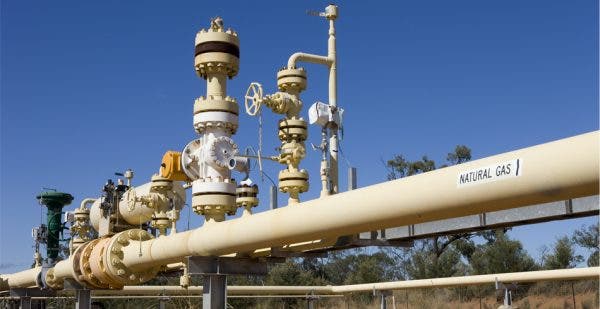
BY SHAME MAKOSHORI
A CAREFUL review of Bent Barber, the technical director at Invictus Energy’s presentation at the recent Chamber of Mines of Zimbabwe (CoMZ) annual general meeting (AGM) could easily send shivers down the spines of Zimbabweans expecting better fortunes should oil ooze out of the Zambezi Valley.
In appealing for a bigger oilfield to explore for the highly sought-after crude, Barber sounded a worried man.
And the immediate question to ask was: Is there something underneath the Zambezi’s deep soils to warrant an escalation of exploration?
Following many years of exploration, picking up from where the global oil giant, Mobil left when it scoured through Zimbabwe’s north eastern district about three decades ago, Barber indicated that there was no sign of the resource yet.
Mobil left the valley empty handed after making significant investments into the project, a landmark undertaking that required so much confidence as it involved exploring in a country that has had no such find.
By August last year, the Australia Stock Exchange-listed oil and gas explorer had sunk about US$3,5 million into the undertaking, and is said to be at an advanced stage in preparations towards sinking its first test well, which is expected in September.
It has been generally a good ride for Invictus, which has always reported “promising” results out of its adventures in the picturesque savanna forests that until now had been popular for their expansive cotton fields, tourism and fishing along the Zambezi River.
- Chamisa under fire over US$120K donation
- Mavhunga puts DeMbare into Chibuku quarterfinals
- Pension funds bet on Cabora Bassa oilfields
- Councils defy govt fire tender directive
Keep Reading
Then came a turning point at the CoMZ AGM.
Barber requested government to expand Invictus’ 100 000-hectare claims by 10 times, bringing it to one million.
Invictus, which has already reported major milestones at the potentially lucrative project, said increasing its exploration fields would be key as it progresses with the landmark deal.
“Zimbabwe needs to expand the oil and gas exploration block,” Barber told delegates.
“The size is not competitive with other neighbouring countries. The money is becoming harder and harder to find. The size of grants is important. We have applied for an increase of our concession for exploration.
“Our current space is drastically reducing the commercial component of it. At the moment, we have not made any discovery.”
Barber bemoaned lack of legislation in petroleum exploration, development and production in Zimbabwe, which only entered the space about six years ago.
It was refreshing to see government reacting quickly by calling Invictus to the table to see how the claims could be increased.
But the first fear that come to mind is that there could be nothing underneath, and if so, what does the future hold for a country that has tried to exploit its diamonds, but ended up spilling blood, tried to exploit its gold but ended with battalions of dangerous machete-wielding gangs?
Many other minerals have yielded very little to talk about, except being exported to help other economies.
“On the issue of more land, we need to sit down and come to common ground,” Mines deputy minister Polite Kambamura said.
Government has undertaken to help the firm with tax relief as it takes the bold steps to make its first find in the southern African country — a vital decision at this stage when millions are being raised to explore the ground without realising any income.
Mercy Manyuchi, the acting chief director for mining development in the ministry, said Invictus would enjoy tax holidays when importing drilling equipment.
“We are currently working on putting rebates with the Ministry of Finance for their equipment for drilling purposes,” she said.
Invictus and government recently signed a petroleum exploration development and production agreement (PEDPA).
Under the PEDPA, Invictus was granted rights to undertake production for the next 25 years and the project was granted Special Economic Zone status.
Deliberations are already underway to finalise the petroleum production sharing agreement, which will spell out how the output will be shared among stakeholders.
There has been so much determination though.
In March, the outfit raised about US$6 million for the project and is ready to mobilise more funding to see the job through.
Invictus intends to conduct, process and interpret a minimum of 400km of 2D seismic in order to refine the Mzarabani-1 drilling location and well path.
The southern Africa-focused Australian firm, which has been exploring for oil and gas on swathes of Zambezi basin forests since 2015, has said it could be sitting on Africa’s largest find.
Where exactly the treasure lies is for now a dream.
But the work is being done in a region that is in close proximity to recent discoveries in nearby Mozambique, which are billed to transform that country.
For now, Zimbabweans, especially those in Muzarabani district where the exploration fuels lie, remain expectant that even as the oil barons appeal for more ground, somewhere in their vicinity, a miracle will happen and they will one day wake up swimming in oil.
This story was taken from the Weekly Digest, an AMH digital publication.











